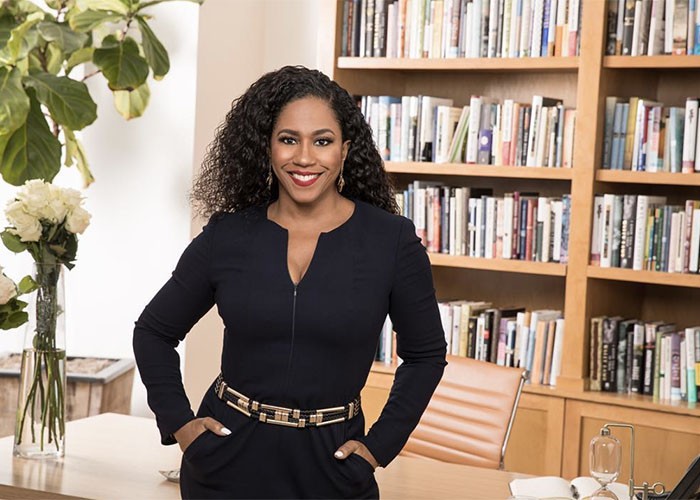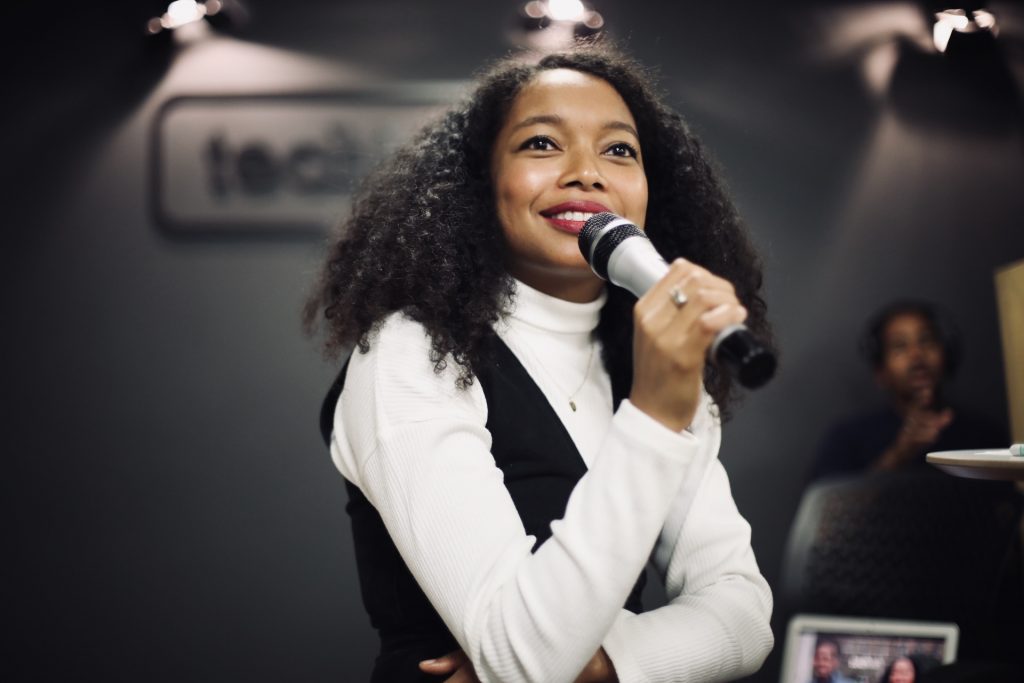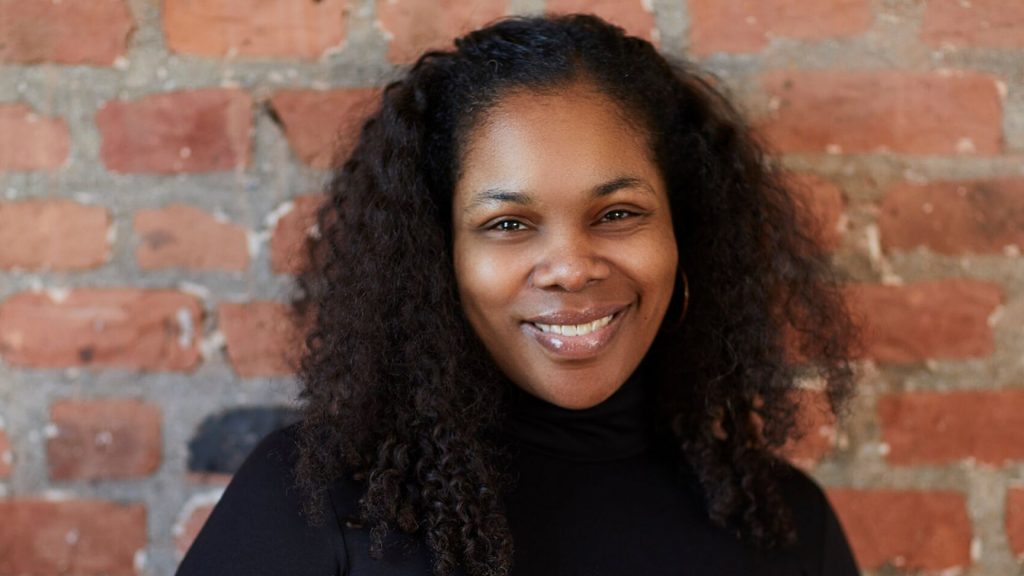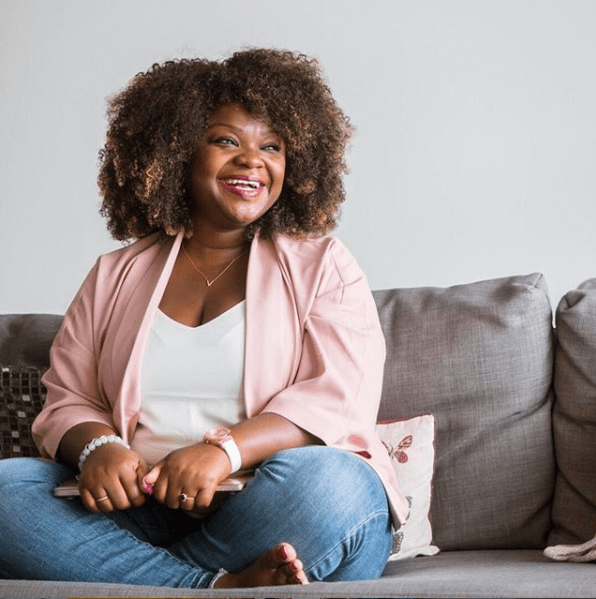Black And Profitable Part 2: Meet 4 Women Who Bootstrapped Their Way To Success

A sequel on the piece of Black founders profitable without Venture capital.
Not all startups reach the promised land of VC funding. Not all startups require VC funding to be successful. With the odds stacked against Black and Brown entrepreneurs, they typically need to find other ways to innovate and grow. Money isn’t always easy to come by. Bootstrapping means launching and growing your startup using your personal financial resources.
See how these Black women founders left behind the “scale no matter what” mentality. Instead, they built their startups into successful, profitable companies tackling tech inclusion, black beauty, and medical care with persistence, hustle, and resilience.
Abadesi Osunsade, Founder & CEO Hustle Crew
Abadesi is the Founder and CEO of Hustle Crew; a diversity consultancy focused on making tech more inclusive by consulting and designing training solutions for corporate partners. She is also VP of Global Community and Belonging at Brandwatch and 1half of the podcast, “Techish.”
Abadesi is an inspiring and thought-provoking serial entrepreneur passionate about creating a workplace where young people of color can thrive. After quitting her day job and reflecting on her past experiences within tech, Abadesi felt the pull to do something around increasing representation in the industry in which she worked.

She launched Hustle Crew as a community for the underrepresented in tech to effectively network for each other. A community of mentors to give each other support on our applications and our CVS. More recently, Hustle Crew has pivoted to address structural oppression, bias, and privilege within workforces. The team goes into companies and teaches CTOs and CEOs how their privilege can be a blocker to things like empathy and making equitable decisions. In 2018 Financial Times listed Abadesi as one of the top 10 most influential BAME tech leaders in the UK.
“The best thing about it is just seeing folks in the community who wouldn’t otherwise have had that opportunity to get in front of a VC or be a product designer at Facebook get into those roles. And, you know, keep building that pipeline. And yeah, hopefully making the world a better place.”
Mahisha Dellinger, Founder CURLS
Mahisha Dellinger felt disenfranchised about her experience as a marketing manager in corporate America when she decided to take a risk and use personal savings to focus 100% on developing a natural hair care brand. In 2002, she started her hair care line Curls 2002 after struggling to find black hair care options for naturals on store shelves.
Mahisha also struggled to find financing and ended up starting her business with $30,000 in personal savings. Fast forward to the present day, and Curls is a multimillion-dollar business. Inking a deal with Target transformed Curls into a beauty powerhouse. As one of the first Black hair brands in any major retailer, CURLS is widely considered a pioneer in the Black beauty industry.
Now Mahisha is paying it forward, helping entrepreneurs achieve success. Not only does she mentor a few fortunate Black women directly, but she has found ways to scale her impact. She reached millions on her TV show on the OWN network, Mind Your Business with Mahisha, where she turned around struggling businesses. And after the show, she received so many requests for help that she started the Black Girls Making Millions Academy.
“It’s always been my mission, my journey, my purpose, and my passion to help other women of color get to and through success and give them the examples, the tools, the roadmap—everything they need,” she says. “If I have the knowledge, why not share it?”
Crystal Etienne, Founder, Ruby Love
CEO & Founder Crystal Etienne launched Ruby Love to help those who suffer from menstruation mishaps and incontinence due to age, birth, or a medical condition. Crystal developed Ruby Love’s revolutionary technology featured in each brand’s products and bootstrapped her company to $10M in sales. In 2019 closed a funding deal of $15M from The Craftory, with an initial Series A funding of $8M—the fourth largest round ever for a company founded by a Black woman.
Research shows only 2% of VC funding goes to female founders, with only 0.2% going to companies led by Black women. Etienne hopes to inspire other women, particularly women of color, who struggle to get the financial backing they deserve.

Ettiene didn’t grow up in a wealthy family nor one full of entrepreneurs. Instead, it was her grandmother, who owns real estate, that served as her entrepreneurial inspiration.
“When I first started, I never thought the company would get to wear it is now, and that’s a flaw within myself as being a Black woman. And every Black woman I come across, I tell them you have to think bigger. Investors are looking for unicorns, and unicorns are not real, but are they really real? But that’s when you have to see yourself and place yourself and say, ‘I am that unicorn.'”
Vivian Kaye Founder, KinkyCurlyYaki
Vivian’s success story is a special one, being that she is not VC-backed. She also dropped out of college and is a single mother—all conditions generally work against women, especially Black women. Yet Vivian has defied the odds and is paving the way for the next generation of Black entrepreneurs.
Vivian has been on a mission to provide high-quality textured hair extensions for people like her: Black women. In 2012, the beauty entrepreneur bootstrapped her business KinkyCurlyYaki from zero to a million-dollar company that sells kinky textured human hair extensions—a market that, before her, did not have a provider solely selling in the category.
“I spoke to a very specific group of Black women who saw value in my offerings,” she says about KinkyCurlyYaki, which “hit its first million in annual revenue in 2016,” she adds. It’s now a 7-figure business.

Through the launch of Founders Fund, a membership-based community with over 500 members, Vivian can mentor women entrepreneurs to make business moves while celebrating all wins, big or small. Vivian leads with encouragement, pushing women to ask for what they want and need while “choosing to see failures as lessons and not a character flaw.” It’s for these reasons that her role continues to expand, and companies like Shopify seek her out to help coach people and their businesses.
Read the first part of the series: Here



